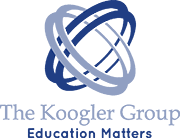
Knowledge is Power.
Page Not Found
We’re sorry, but the page you are requesting has moved or no longer exists. To find information anywhere on our site, please use the navigational menus.

We’re sorry, but the page you are requesting has moved or no longer exists. To find information anywhere on our site, please use the navigational menus.